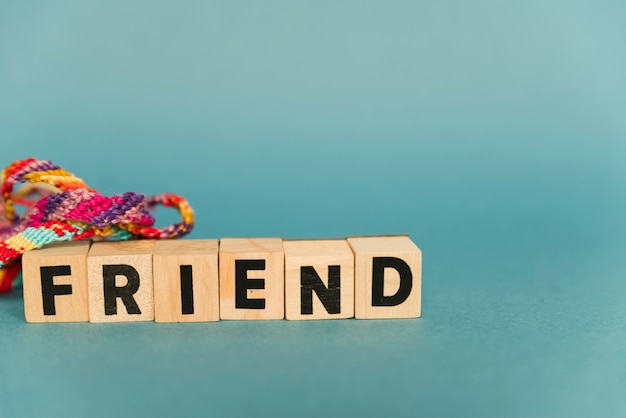
This post is part of a 30-day series called the 30 Steps Program to Financial Independence.
Prioritize What is Important
As we discussed yesterday, one effective way to reach financial independence faster is to curb your desires and minimize impulsive purchases. These are the small amounts you spend almost unconsciously over weeks, months, or even years.
For instance, let’s say you have lunch with your colleagues every day at a nearby restaurant, spending around $10 each time. It might not seem like much, but if you work five days a week for 50 weeks a year, this adds up to $2,500 yearly.
Now, think about what you could do with that $2,500. If you instead bring leftovers from home to work, though you might miss out on some social time with your colleagues, you could still join them for lunch twice a month. Since leftovers are essentially free, you would save about $2,250 by the end of the year.
Would you rather have that $2,250 in your pocket, or spend it on lunches you probably won’t even remember? You could even suggest to your colleagues that you all have a picnic lunch in a park. Personally, I’d prefer the $2,250.
Consider that this amount is after taxes. Therefore, you’d need to earn $3,000 in gross income to cover those lunches. By saving this money, you can put it towards your goal of financial independence.
What is more important to you? I always chose the cash. When I was working, I never had such profound experiences with my colleagues that I felt the need to go out to lunch with them. My priority was to do my job well and earn money; my social life was separate from work.
By prioritizing what truly matters to you, you’ll find it easier to cut back on less important expenses. I spend a lot on travel, flights, hotels, and restaurants. I don’t regret a single penny because I love traveling.
As a result, I don’t have a home. My life fits on my motorcycle, and I don’t pay rent for an apartment I wouldn’t use. People often ask how I afford to travel so much. Then they remember they pay $1,200 in rent, $300 in utilities, and $500 on food and other work-related expenses. I spend less than $1,500 a month to live a life full of travel and adventure. We simply have different priorities.
Take a sheet of paper and write down what is truly important to you. It might be family lunches, your new baby, holidays, or your home.
My list includes: traveling, eating well, technology, and high-quality, reliable items. I’m willing to spend more on these things.
Next, make a list of what isn’t important to you. For me, it’s paying rent for a flat I wouldn’t use, owning a car I wouldn’t drive, wearing brand-name clothes (I prefer quality over fashion), and spending on overpriced food and drinks in bars.
So, I don’t pay rent or own a car. When I go out, I choose affordable places and focus on socializing with friends rather than the venue itself.
By clearly defining these priorities, I live a life that aligns with them and save money in the process.